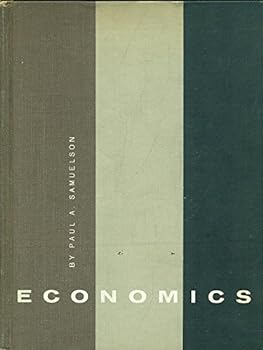I was chatting with another tennis player during a break in a game. I’m at my cottage in Canada and we’re playing 3 on 3, which may sound weird but it’s really cool.
He told me he was a progressive socialist and that his problem with capitalism was the inequality it created. By “capitalism” he meant the system in place in Canada and the United States.
I replied that one could not say that the current level of inequality was due to capitalism, because we do not have capitalism; we have a mixed economy.
I pointed out that the term “mixed economy” was a good idea. I found it in Paul Samuelson’s introductory textbook for my only economics course at the University of Winnipeg, from 1969 to 1970. (Our textbook was actually written by Samuelson and Anthony Scott, a Canadian economist at the University of British Columbia, because Samuelson needed someone who could add some Canadian content about Canadian institutions.) The term was widely used at the time.
But, as I pointed out to my tennis friend, that term has all but disappeared.
What is a mixed economy? Wikipedia has a nice treatment of it here.
The entire Wikipedia article is worth reading, but here are the first two paragraphs:
A mixed economy is an economic system that accepts both private companiesAnd nationalized Public services, such as utilities, security, military, social welfare, and education. A mixed economy also favors some form of regulation to protect the public, the environment, or state interests.
This is in contrast to a let it be capitalist economy that seeks to abolish or privatize most government services while wanting deregulate the economy and a centrally planned economy who seeks to nationalize most services as under the beginning Soviet Union. Examples of political philosophies that support mixed economies include Keynesianism, social liberalism, state capitalism, fascism, SOCIAL DEMOCRACYTHE Nordic modeland China socialist market economy.
Governments do many things that reduce inequality and many things that increase it. The particular example I gave him of a government institution that almost certainly increases inequality is the state’s near monopoly on primary and secondary schools. The poorest children receive a poorer education, and the teachers’ union, which, like public schools, has a near monopoly on the most important element of those schools, namely work, makes things worse.
I hereby announce that I will make my contribution to bringing back the concept of mixed economy.
UPDATE: I just noticed that I published on this subject in 2011. Well, it bears repeating, this time in the context of inequality.


